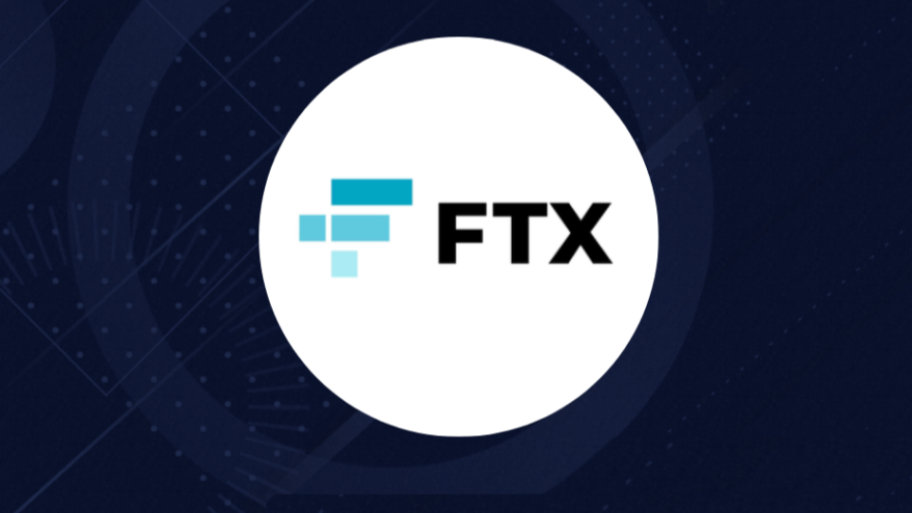NAGA, the social trading platform, has implemented TrueLayer’s Open Banking platform as part of plans to improve its customer onboarding experience and provide closed loop payments.
NAGA’s platform features a community element where traders are encouraged to promote their investments and share their strategies with other users.
TrueLayer’s platform will initially be implemented for NAGA customers in Germany, Spain, Ireland, Finland, France, Lithuania and the Netherlands.
By implementing TrueLayer, NAGA said its customers will benefit from improved account funding, near-instant withdrawals, and secure account-to-account payments which remove the need to enter any card or bank account details.
The verification process will match the name of the customer with the name on file at the bank, returning a result in seconds rather than days compared to manual bank statement checks, said the partnership.
“We’re building a community-focused trading platform to make investing accessible, approachable and social,” said Marianna Agathokleous, head of payments at NAGA. “That means removing barriers and providing excellent onboarding and payments experiences to our clients.”
She added: “We’re excited to be working with TrueLayer to get both new and existing customers onto the platform and enable them to fund their account in seconds.”
The move comes a day after the Financial Conduct Authority called on trading apps to reconsider game-like design features, which the regulator says pushes consumers to invest in products they wouldn’t usually.
The UK financial watchdog warned that while gamification can engage consumers, it is being used in ways that can mislead consumers and drive problem behaviours.
Latest News
-
Gemini to cut quarter of workforce and exit UK, EU and Australia as crypto slump forces retrenchment
-
Bank ABC’s mobile-only ila bank migrates to core banking platform
-
Visa launches platform to accelerate small business growth in US
-
NatWest to expand Accelerator programme to 50,000 members in 2026
-
BBVA joins European stablecoin coalition
-
eToro partners with Amundi to launch equity portfolio with exposure to ‘megatrends’
Creating value together: Strategic partnerships in the age of GCCs
As Global Capability Centres reshape the financial services landscape, one question stands out: how do leading banks balance in-house innovation with strategic partnerships to drive real transformation?
Data trust in the AI era: Building customer confidence through responsible banking
In the second episode of FStech’s three-part video podcast series sponsored by HCLTech, Sudip Lahiri, Executive Vice President & Head of Financial Services for Europe & UKI at HCLTech examines the critical relationship between data trust, transparency, and responsible AI implementation in financial services.
Banking's GenAI evolution: Beyond the hype, building the future
In the first episode of a three-part video podcast series sponsored by HCLTech, Sudip Lahiri, Executive Vice President & Head of Financial Services for Europe & UKI at HCLTech explores how financial institutions can navigate the transformative potential of Generative AI while building lasting foundations for innovation.
Beyond compliance: Building unshakeable operational resilience in financial services
In today's rapidly evolving financial landscape, operational resilience has become a critical focus for institutions worldwide. As regulatory requirements grow more complex and cyber threats, particularly ransomware, become increasingly sophisticated, financial services providers must adapt and strengthen their defences. The intersection of compliance, technology, and security presents both challenges and opportunities.
© 2019 Perspective Publishing Privacy & Cookies












Recent Stories